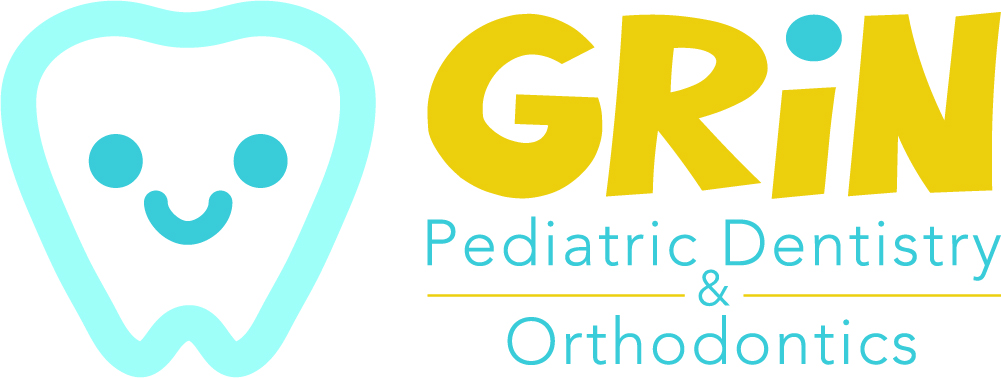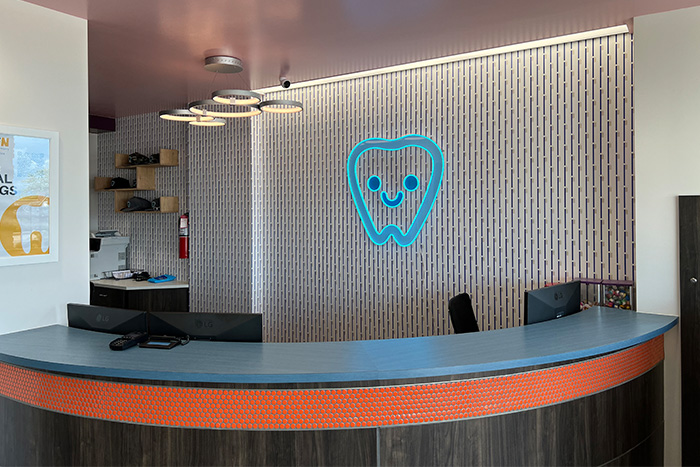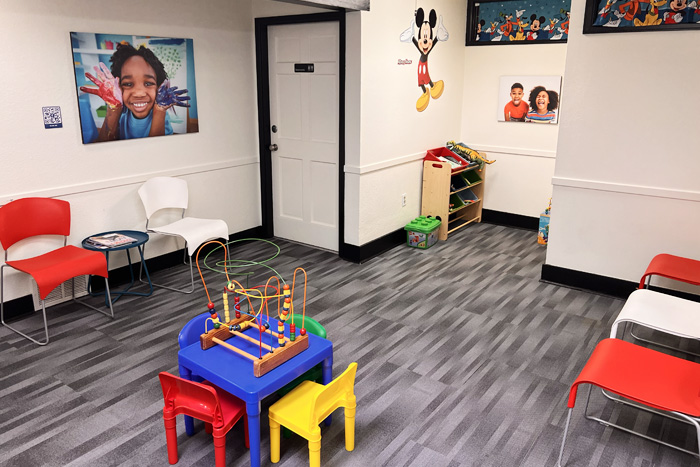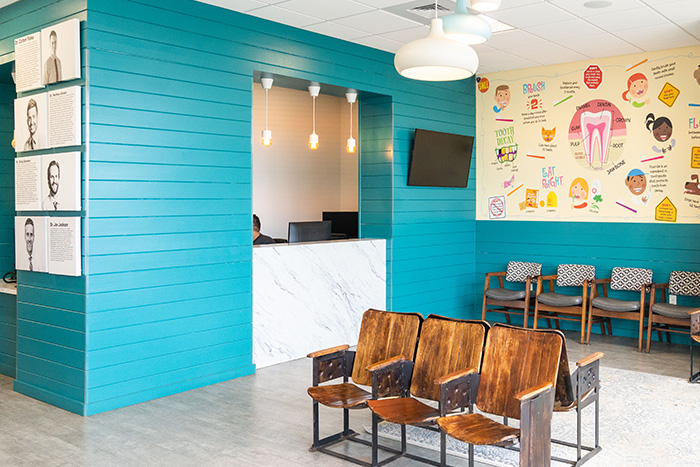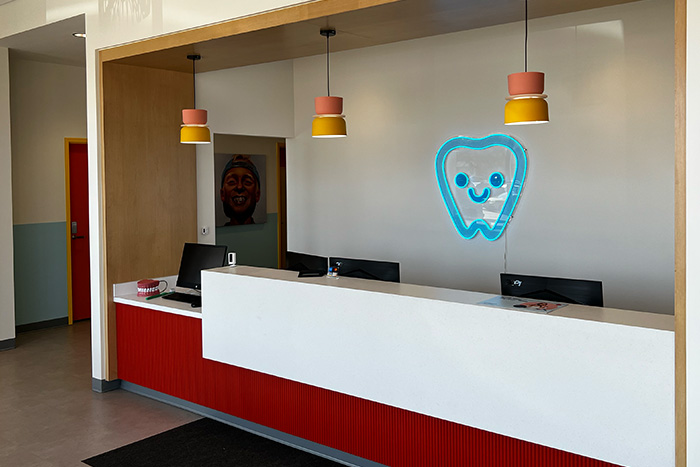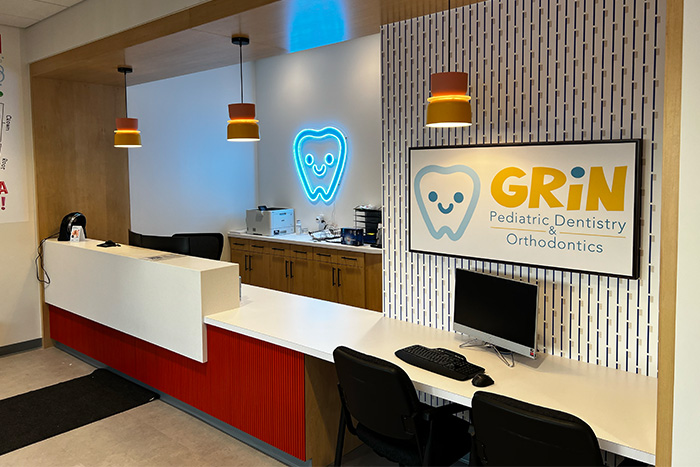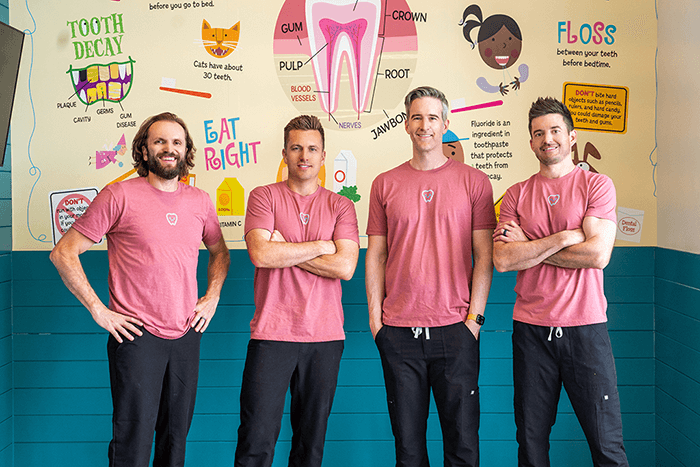Baby Teeth
Baby teeth are critical to your child's long-term oral health. They help children eat, speak, and keep their jaw aligned by providing space for when their permanent teeth come in.
When Do Babies Start Teething?
Babies are born with all 20 primary teeth below their gum line. On average, babies will get their first tooth anywhere from 6 to 12 months but there is no specific age when teething starts. The first teeth that usually erupt are the top and bottom front two teeth. When your baby’s first tooth comes in, they likely will have sore/tender gums, causing them to be more fussy. Most children will have all of their primary teeth by the age of 3.
If your child has their first tooth or is nearing their first birthday, they should have their first visit to the dentist. Our experienced team of pediatric dental professionals would love to see your child for their first visit! Learn more about first visits for children and access new patient forms using the link below.
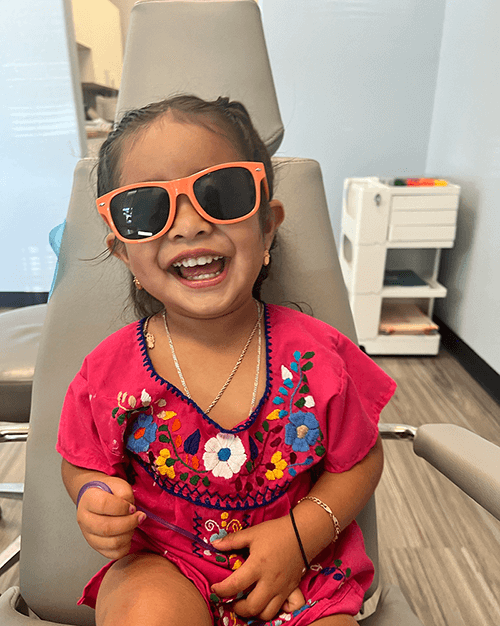
-
What are common teething symptoms?
Every child is different, as are their responses when they start teething. Below are some common symptoms you’ll notice if your baby is already teething or is likely to start soon:
- swollen gums
- increased irritability and crying
- increased drooling
- less desire to eat solid foods
- biting and chewing
- bringing their hands to their mouth
- cheek rubbing and ear pulling
- disturbed sleep
Symptoms that are not associated with teething:
- fever (higher than 101 F)
- cough and congestion
- diarrhea
- vomiting
If your child is experiencing any of the above symptoms, they should see their pediatrician.
Questions About Baby Teeth?
If you have any questions about baby teeth contact us, request an appointment for your child, or explore the other pediatric dental services we offer using the links below.
